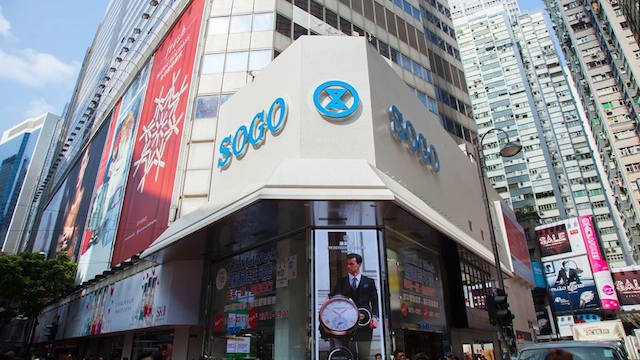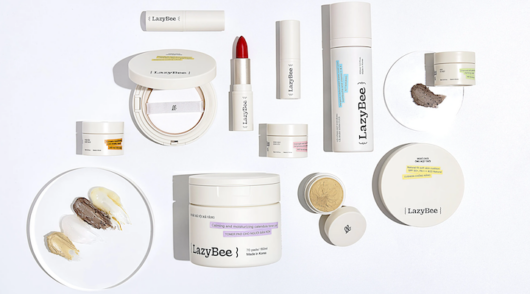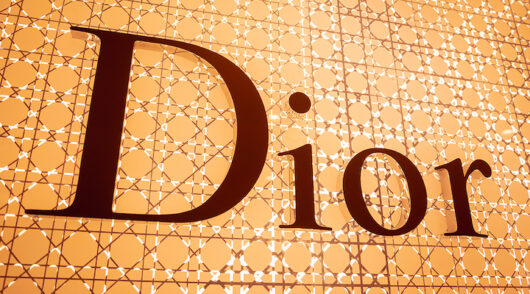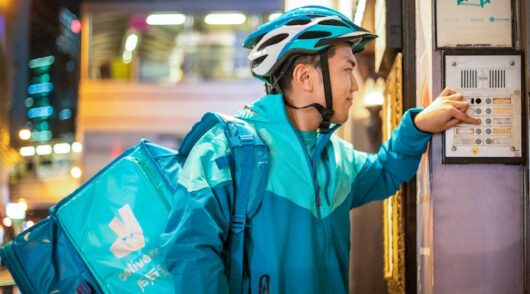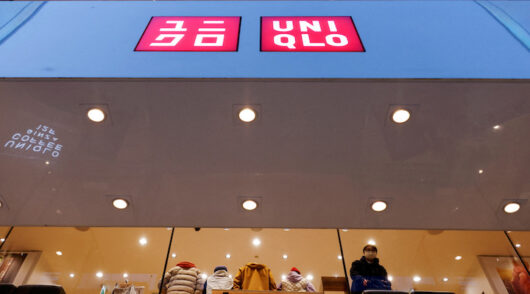Sogo stores will downsize in northern China to focus on the eastern Yangtze River Delta.
As the Hong Kong franchisee of the Japanese store, Lifestyle International spun off its Mainland Chinese businesses last July, including department stores and its high-end Jiuguang shopping malls, which had an annual revenue decline of 4.6 per cent last year.
After sales in Dalian plunged 61 per cent last year because of an oversupply of malls, the group says it will scale back in the northeastern Chinese city. It shut its Jiuguang mall in Shenyang earlier on the back of a sluggish northern economy.
Describing shop closures as the “right direction” for the group, Lifestyle chairman Thomas Lau Luen-hung says that even if the group quit northeastern China, the impact would be “extremely small”.
“It would help rather than hurt our business.”
Instead, Lifestyle plans to focus on eastern commercial hubs such as Shanghai and Suzhou with their “larger middle- and upper-class population”. Both cities saw sales revenue rise 6.5 and 2.8 per cent respectively last year.
Net profit fell 16.9 per cent to HK$1.59 billion (US$204 million) last year. Excluding its mainland business, turnover was down 2.9 per cent to HK$4.67 billion, dragged lower by dwindling tourist spending at its two flagship Sogo department stores in prime Hong Kong shopping hubs.
Lifestyle blamed renovations for further dampening sales at its Causeway Bay store, which fell 6.7 per cent last year. “Our supermarket generates daily sales of HK$1 million, so it’s costing us HK$60 to 70 million,” says Lau.
Optimistic
He is optimistic that the makeover, scheduled to complete in May, combined with a new outdoor LED billboard, the largest of its kind in Hong Kong, will drive foot traffic to the store.
Sales at its Sogo store in Tsim Sha Tsui rose 12.4 per cent, bucking the trend of a retail downturn. This was partly because of a rebound in mainland visitors and their demand for beauty products, which accounted for more than half of sales at the store.
“Cosmetics products are one of our most recession-proof products,” says Lau, who forecasts the retail market will “stabilise” this year.
Hong Kong retail sales were down 8 per cent last year — the worst annual decline in nearly two decades. January sales slightly improved, with the drop narrowed to 0.9 per cent from a year earlier. Department stores were one of the brighter spots for the retail sector as festival shopping ahead of the Chinese New Year in late January boosted sales by 2.8 per cent, after two consecutive months of decline.
Cosmetics sales were up 2.8 per cent, but sales of luxury goods such as watches and jewellery fell 4 per cent.
In November, Lifestyle splashed a record HK$7.4 billion for a commercial site at Kai Tak, Hong Kong’s former international airport, in a bid to build a retail/office complex that will house a new Sogo store by 2022. The project is estimated to cost HK$13 billion, substantial compared with the group’s total assets of HK$21 billion as of December. Its net debt to equity ratio has surged 10 times to 505 per cent.
Lifestyle’s CFO Terry Poon says the group is expected to secure bank loans for the project by the end of this month.

